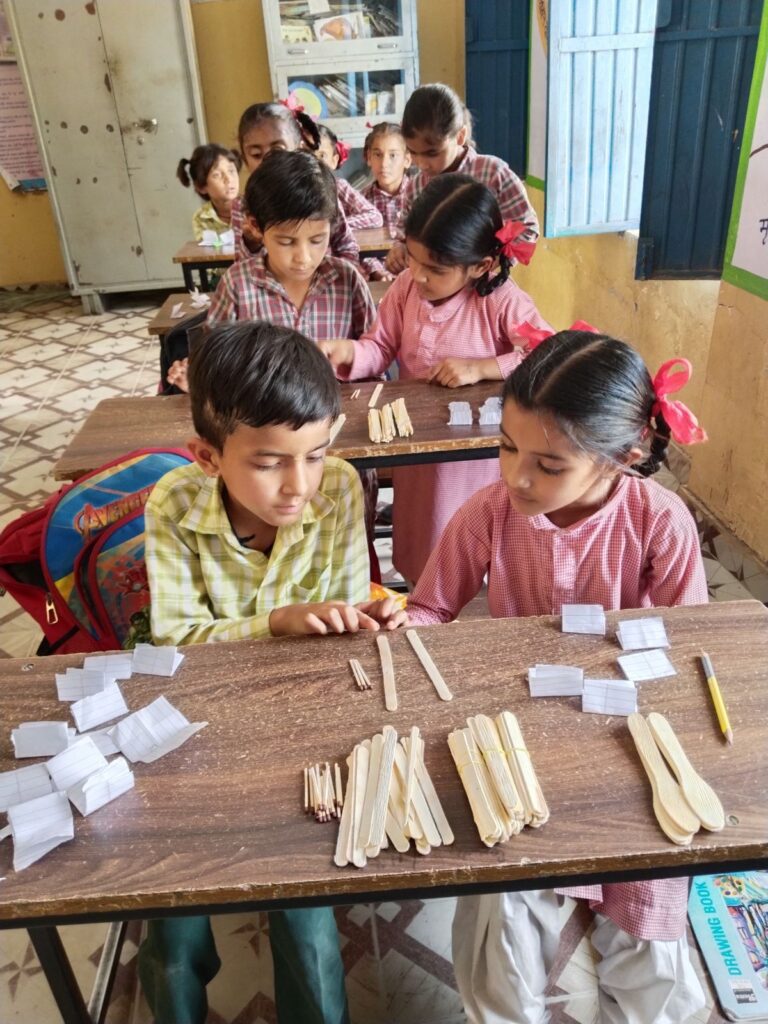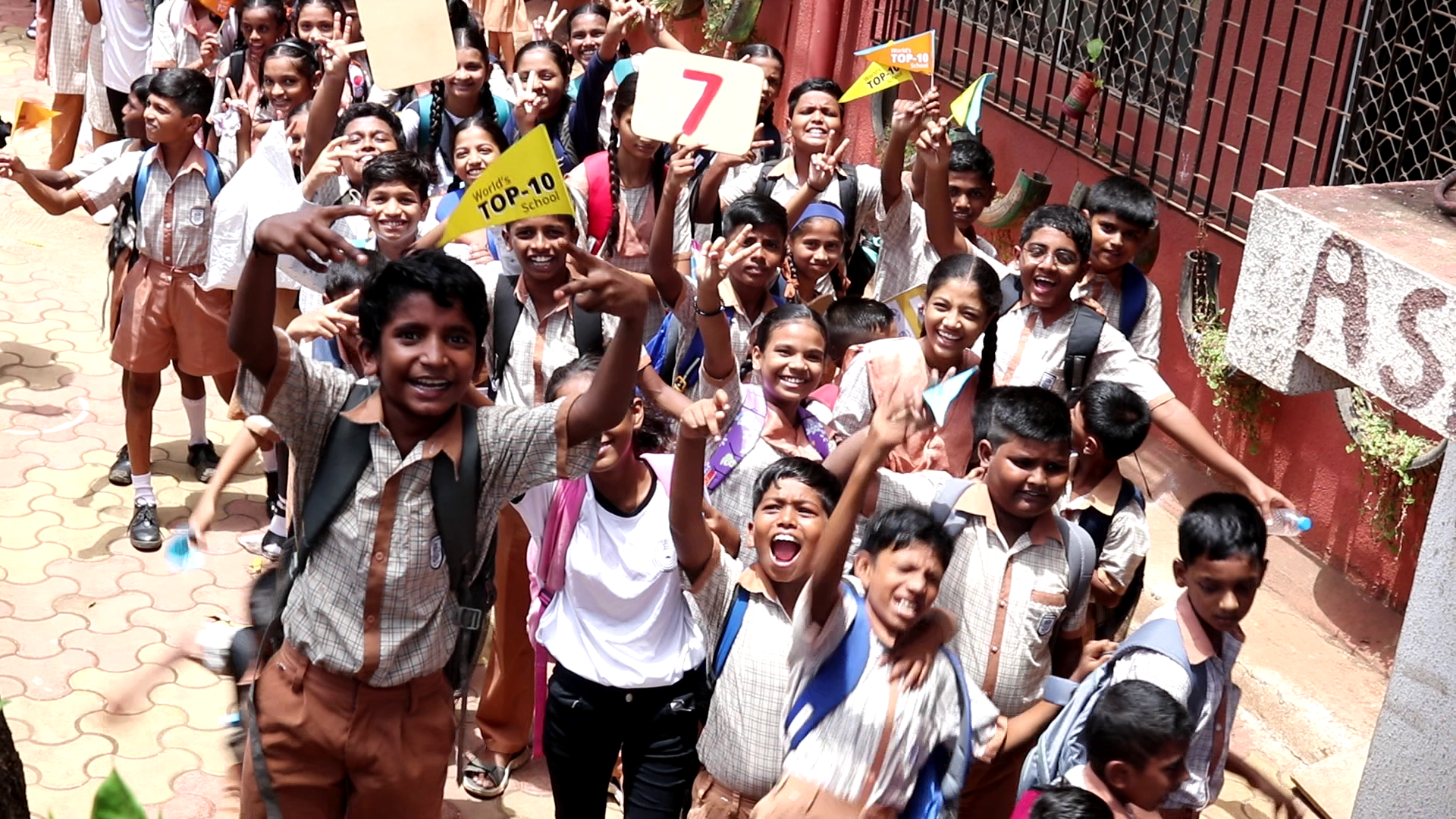Children are attending school but not learning effectively. Quick action and innovative teaching methods are crucial in today’s educational context. The ALfA Programme aims to revolutionize how children learn foundational skills.
A World Bank study found that 56.1% of children in India under the age of 10 struggled to read simple text. This is concerning, as strong Foundational Literacy and Numeracy (FLN) skills are crucial for keeping children in school and fostering social responsibility. Despite high enrollment rates, over 75% of Grade 3 learners lack foundational skills, making retention difficult.
The Foundational Learning Study (FLS) by NCERT in 2022, which assessed 86,000 Grade 3 students from 10,000 schools in 20 languages, revealed that Indian students did not meet global proficiency levels. This indicates a pressing need to improve FLN skills.
Can This Change?
Programs like the Integrated Child Development Schemes (ICDS), the Right to Education Act, Samagra Shiksha Abhiyan, and the recent NEP 2020 emphasize the importance of foundational skills. Additionally, innovative experiments by various stakeholders in education are showing promising results in improving FLN skills.
One such promising initiative is the ALfA (Accelerating Learning for All) Programme, the brainchild of Dr. Sunita Gandhi, an economist, educationist, and founder of DEVI (Dignity Education Vision International) Sansthan, a non-profit organization focused on educational innovation.

The ALfA Programme
After years of research, Dr. Gandhi believes that without foundational skills, education is incomplete. She has conducted numerous experiments on learning and advocated for educational reforms both in India and internationally.
The ALfA Programme is an innovative and effective pedagogy designed to transform education. It promotes a fast-track, holistic approach to FLN, where children work in pairs and teachers act as facilitators rather than traditional transmitters of knowledge.
Developed after eight years of active research, the ALfA Programme was launched in various Indian states in 2022-23. It has since been replicated in 33 national and international languages, paving the way for large-scale expansion.
The ALfA Programme delivers foundational literacy and numeracy ten times faster than traditional methods, achieving FLN goals in an average of 45 days. Using peer-to-peer learning, children interact and learn from each other rather than from a teacher.
The program employs innovative study materials, including two thin booklets that facilitate paired learning. Children create questions for each other, promoting understanding and mastery of concepts. The ALfA Programme also ensures that children develop the 4C skills: collaboration, communication, creativity, and critical thinking, which naturally lead to the 4C traits: citizenship, climate consciousness, character, and connectedness.
To reach every child, the learning booklets are available online, and the NGO conducts Massive Online Open Trainings (MOOT) for those working with children.
How Does the ALfA Programme Work?

The ALfA Programme is a child-friendly, process-led pedagogy where children work in pairs to decode and blend sounds to form words from the very beginning. Teachers motivate and support the process, ask questions, and observe, but do not directly teach.
In the classroom, ALfA fosters leadership and empowerment through daily role-switching pairs, benefiting even shy and specially-abled students. Once children gain foundational literacy, they can engage with subjects like current affairs, read newspapers, and develop their own thought processes.
Aligned with the National Initiative for Proficiency in Reading with Understanding Numeracy (NIPUN Bharat), the ALfA Programme aims to ensure all children achieve FLN by the end of Grade 3. This supports the three developmental goals of foundational learning: health and well-being, effective communication, and engaged learning.
DEVI Sansthan is set to sign MOUs to implement the ALfA Programme in schools across several Indian states, including Uttar Pradesh, Mizoram, West Bengal, Odisha, Ladakh, Himachal Pradesh, Haryana, Rajasthan, and Uttarakhand. Additionally, ALfA is being implemented globally in countries such as Malaysia, Singapore, Peru, the Philippines, USA, Kenya, and the Maldives, with positive learning outcomes.








